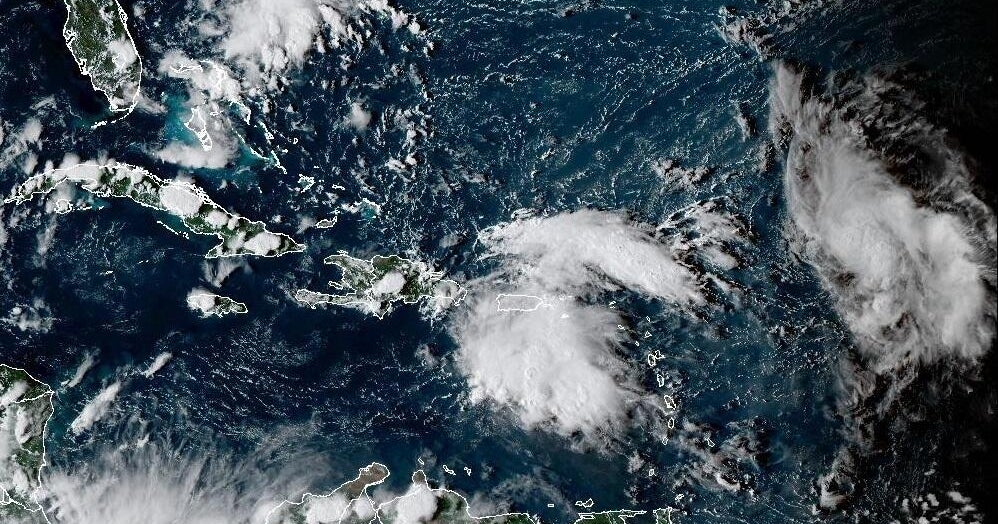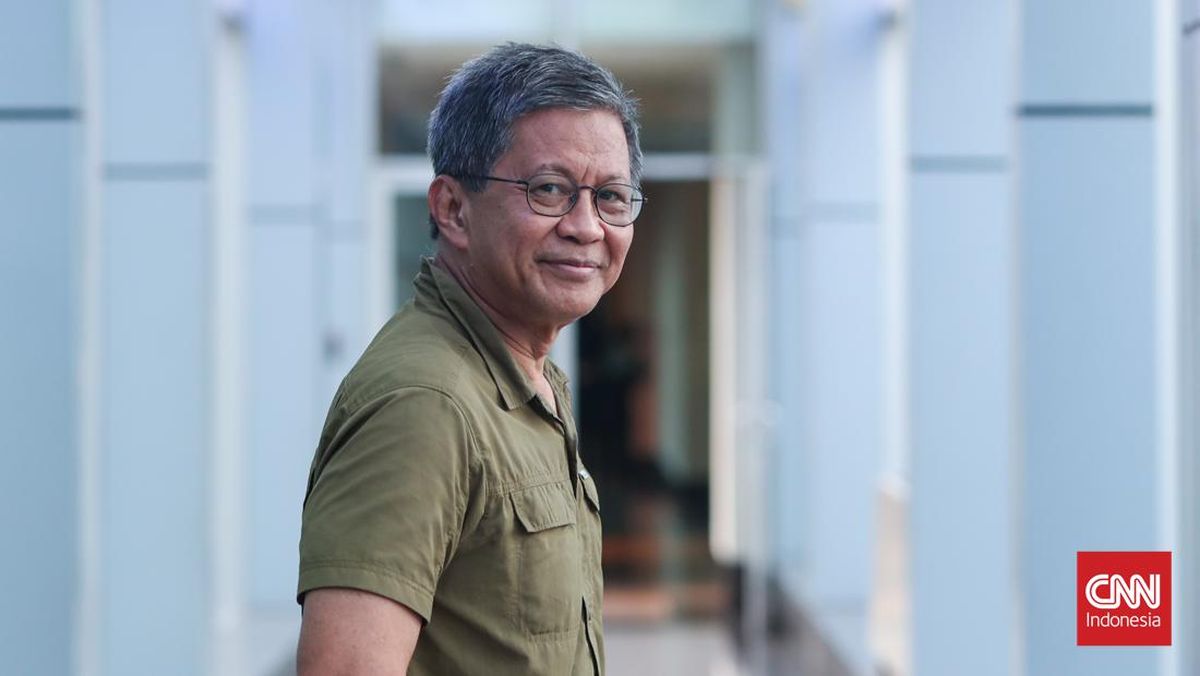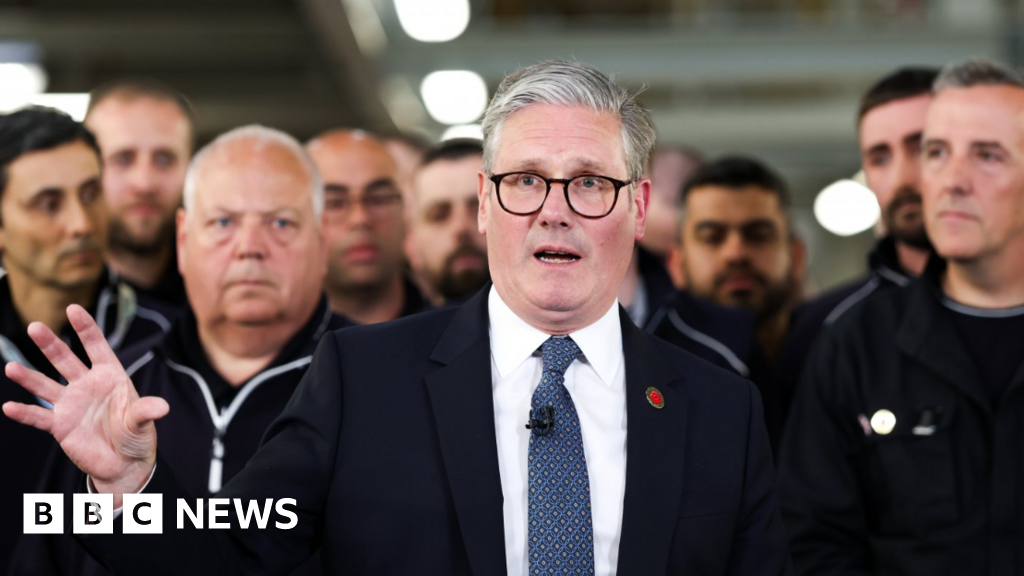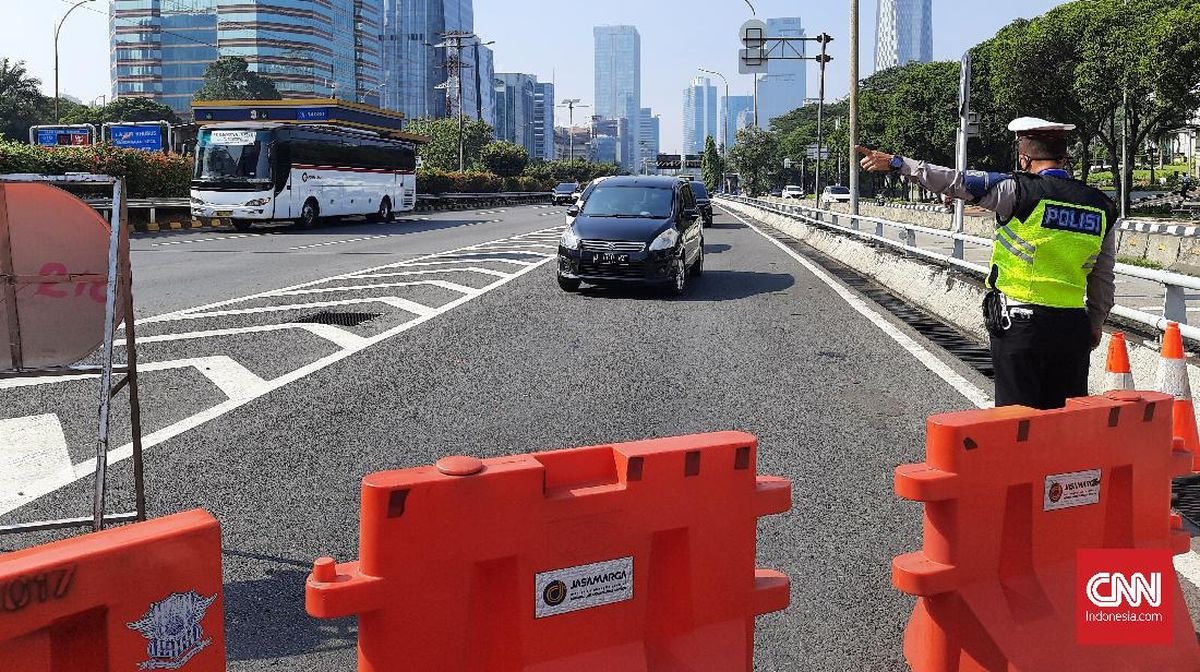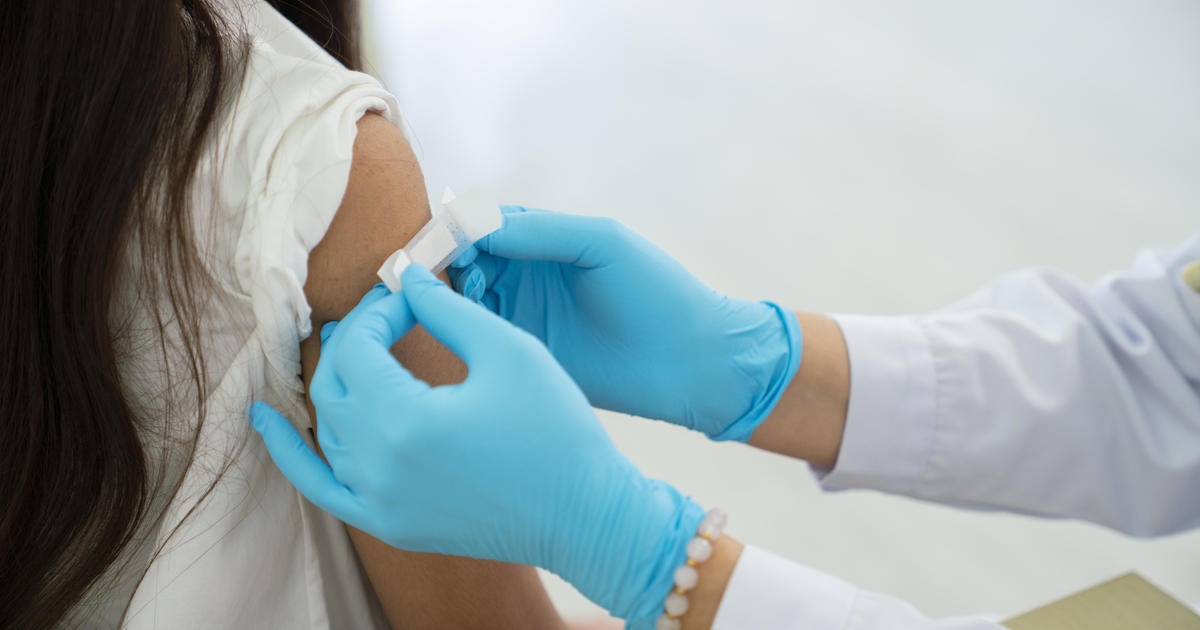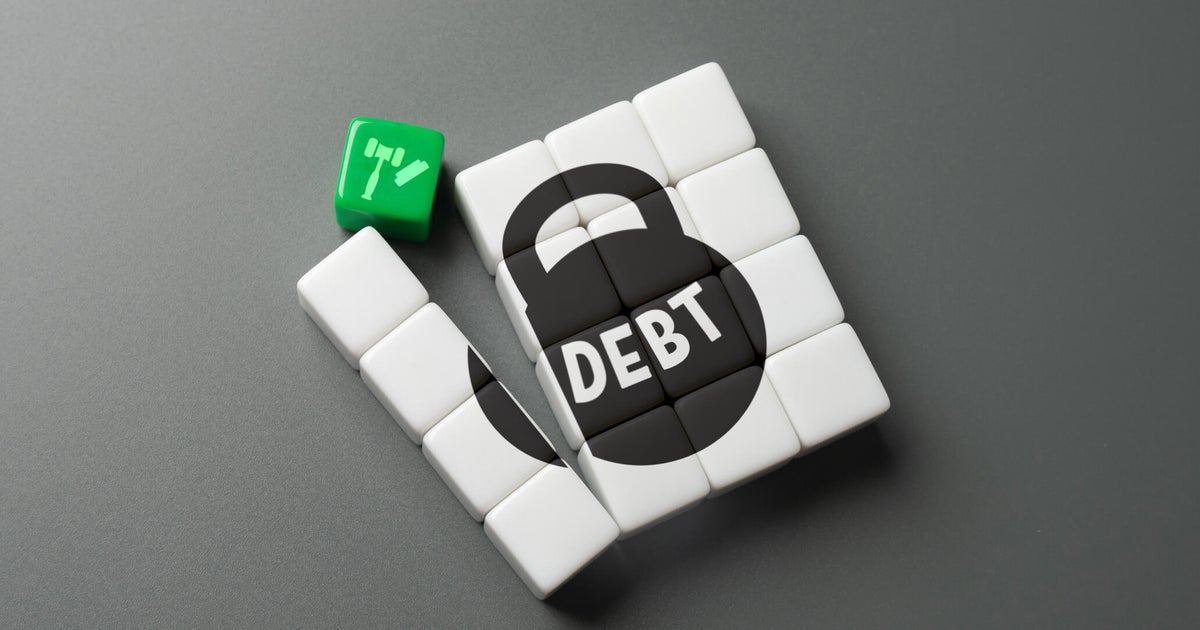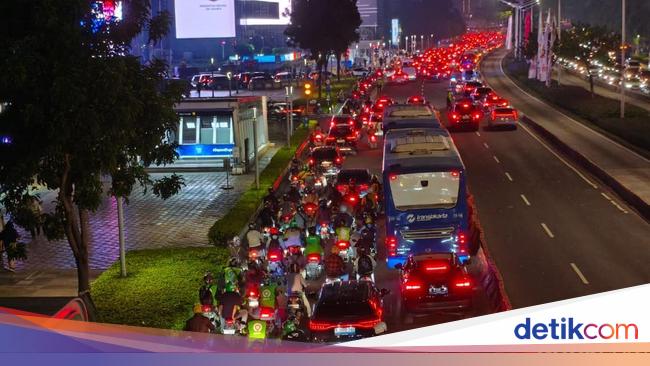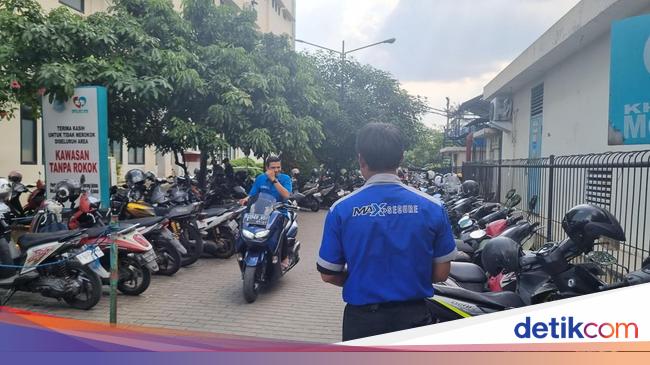While chatting with an aged care representative about my elderly parents, I was shocked when she suggested I seek a little support for myself. Even though I’m the epitome of what a typical primary carer looks like in Australia, I’ve never viewed myself as such.
Of the 3 million carers in the country, 1.2 million are primary carers – those who provide the main day-to-day assistance. About two-thirds of primary carers are women, and many are Gen X. Annabel Reid, chief executive of Carers Australia, says many carers don’t realise they’re carers, and only seek support seven to nine years in – when they’re in crisis.
“Often unable to work full-time, [these carers are] earning less and spending more on supporting the people they’re caring for, so are likely to find themselves facing poverty,” she says. “We also know it can be an incredibly socially isolating experience.”
Reid wants to see more flexibility in the workforce, and for federal and state governments to embrace the roles of carers. She says there’s also room for society to better recognise how caring for others can impact the lives of our loved ones. Here, three women share their experience of being a carer.
“You never stop feeling guilty”: Heidi Farley, 21
“I’ve never known life to be any different to the way we live it. Dad has a genetic disorder, which increases the risk of internal and external haemorrhaging, and mum suffered a significant workplace injury three years before I was born, which has led to Complex Regional Pain Syndrome. It’s a painful condition where pain signals, which are out of proportion to the severity of the injury, are frequently sent to her brain.

Some of Heidi Farley’s (pictured with her mother) earliest memories are of preparing her parents’ medications.
Some of my earliest memories are of helping my dad crush up Mum’s medication, and, as I got older, learning how to draw up Dad’s injections. Hospital runs, doctor’s appointments, pharmacy visits – I had quite a different experience of growing up to most kids.
I didn’t get to finish high school and I sometimes wonder where life would have led me had I not had to step into a caring role at such a young age. I missed a lot of school – not only because I was often taking my dad to medical appointments, but because I was undiagnosed [with autism and ADHD].
I had no friends because no one my age could understand my reality. Looking back, a program like Little Dreamers [a not-for-profit that offers support for young carers], where I volunteer now, would have made a huge difference.
Dad is on a disability pension, and Mum receives workers compensation payments, so even though money is tight, I still consider our family to be one of the more fortunate ones. One of our biggest challenges is how little funding and support is put in place for those living in regional and rural areas.
Loading
I’m trying to build a life independent of my parents; I’ve recently moved into the granny flat in my parents’ backyard, so I can have my own space, yet be right there if they need me.
You never stop feeling guilty in this position. You feel guilty about stepping back from your caring duties, guilty that you have to leave work early yet again, and guilty about not having enough time for your partner. I love the relationship I have with my parents and I wouldn’t change what we have, but I can’t help but wonder how different my life could have been if better support was in place.”
“Life is hard, but I am a better human”: Treena Hopewell, 64
“I don’t think I truly understood I had a child with disabilities until my son was born seven years after his sister and I could compare behaviours and milestones. Back in the 1980s, there was no Google, and doctors tried to keep patients in the dark where possible.
Bella was born with a congenital heart condition and had emergency heart surgery at two days old. We didn’t know she’d acquired a brain injury, or that this had culminated in cerebral palsy. It’s mild, but it’s changed the course of our lives.

Treena Hopewell (left) with her daughter, Bella, who was born with a heart condition.
It’s astounding how much of the care becomes the responsibility of women. I have three degrees and have lived many lives – I’ve been everything from a special-needs teacher and an art teacher to a make-up artist and the coordinator of HeartKids WA. But as my previous marriage ended when Bella was one, my career has been significantly impacted; the last time I was able to work full-time was 20 years ago.
Life is a subsidised rental on the smell of an oily rag and I have no savings and no super. If Bella were to die tomorrow, I don’t know how I’d be able to afford a rental.
There’s no guidebook on how to care for a child with special needs, but you don’t need anyone to tell you just how much you’ll want – and need – to advocate for them. I feel like I’ve been embroiled in a four-decades-long fight – fighting with doctors to be heard when I’ve known something is seriously wrong, pleading with directors of daycare facilities to take Bella on as a volunteer, and writing to politicians to fix our broken NDIS system.
Loading
I’m a much better human than I would have been had I not had a child with disabilities. When you’re a carer, you don’t get to carve out much time for yourself, but I’m keen to get on boards such as the Advisory Council to the Minister for Disability.
I would love to see a university or TAFE for kids like Bella where they can continue to learn and evolve; it could save the NDIS billions. Bella volunteers at the daycare of the children’s hospital where she cleans the tables and tidies the dolls, and that sense of contribution means the world to her.”
“You often feel like your life is on hold”: Elizabeth Bonner, 45
“It was only after my marriage broke down and my daughter and I returned to Australia and moved back in with my mother that I realised something was wrong with Mum. She’d become reclusive and anxious, and as time went on, stopped reading and struggled to hold conversations.
After an assessment, it was revealed Mum has logopenic progressive aphasia, a rare form of Alzheimer’s disease. It felt particularly cruel as Mum worked as a school teacher for over 30 years, and was very articulate and sociable.
It took me two months to set up a suitable [government-assisted] home care package for Mum, and that is considered quick. The system is so broken that it can take families more than 12 months. While I’m lucky to have my brothers and friends, who can step in to help out, I still find myself having to ask [the government body] Carer Gateway for things like $200 towards a dishwasher.

Elizabeth Bonner (left) juggles caring for her mother (right) and raising her 12-year-old daughter as a sole parent.
Mum owns her home so we’re lucky we don’t have to pay rent, but between my university studies, being a solo parent to my 12-year-old daughter, and taking care of Mum’s increasing needs, we don’t have any savings.
I have no idea what I’m going to do when I’m back in the workforce explaining that I can only work three days a week because I don’t have enough funds in our Home Care Package for carers to cover the other two days.
Some days are solely spent undertaking Mum-related admin: booking appointments, chasing payment of invoices, sourcing equipment, managing suppliers, and more. There just aren’t enough hours in the day.
When you’re a carer, you often feel like your life is on hold. Friends talk about the holidays they’re taking, the career ladder they’re moving up, or the investment property they’re buying. While you’re happy for them, you also can’t help but think about how trapped you feel in comparison. You can’t request annual leave, or phone in sick; you’re on call 24/7.
Obviously, taking care of my mother is first and foremost a privilege, and I’m thrilled that I’m in a position where I don’t have to put her in a home. But when I look at the calendar, I can see that just about every day revolves around the care of others. What would I do if I had a spare day to spend on myself? Honestly, I don’t think I’ve ever allowed myself the luxury to wonder.”
National Carers Week runs from October 12-18; carersweek.com.au.
Get the best of Sunday Life magazine delivered to your inbox every Sunday morning. Sign up here for our free newsletter.
Most Viewed in Lifestyle
Loading




